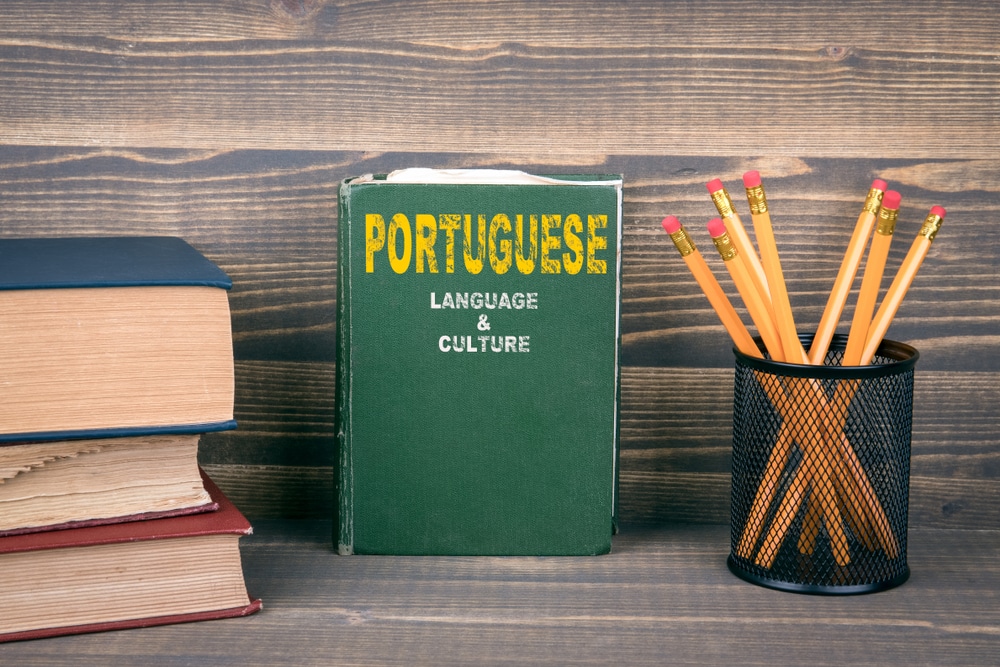As business becomes more global, translation services are in high demand to connect companies across languages and cultures. One language pairing that has seen major growth is Portuguese-to-English translation.
Trade between Brazil, Portugal, Angola and other Portuguese-speaking nations has risen sharply with English-speaking countries like the United States and United Kingdom. More contracts, proposals, presentations and other key documents are being exchanged between parties. This necessitates accurate and timely translation to facilitate communication and avoid costly misunderstandings.
Many corporations are prioritizing Portuguese translation needs. Technology firms, financial institutions, law practices and others rely on these services for critical day-to-day operations, as well as major initiatives like international mergers and acquisitions. Skilled translators adept in legal, financial and industry-specific terminology are key.
The demand for Portuguese-to-English translation will likely continue growing as emerging markets expand and trade flows increase. Businesses must invest in high-quality translation services and build relationships with providers who understand the nuances of communicating across languages and cultures. Reliable translation helps pave the way for more fruitful dialogue, partnerships and opportunities.
Challenges of Portuguese-to-English Translation
Translate portuguese to english voice presents unique challenges, especially in complex business scenarios. There are distinct differences in dialect between Brazilian Portuguese and the Portuguese spoken in Portugal. The two dialects can vary greatly in vocabulary, pronunciation, and even occasionally grammar. Someone fluent in one dialect may struggle to fully understand the other. This can create difficulties when translating materials for a business audience spanning Portugal and Brazil.
In addition, Portuguese has highly complex grammar rules that do not directly correlate to English structure and syntax. Portuguese relies heavily on verb conjugations, gendered nouns, and varying sentence structure. The translator must not just translate word meanings, but also fully convey the tone, context, and implicit communication style of the original Portuguese content. Small grammatical mistakes could lead to large misunderstandings.
Finding qualified translators is another key hurdle. The translator must be completely fluent in both Portuguese and English. They need to understand the grammatical intricacies of Portuguese and how to accurately convert those to English. The translator also needs familiarity with specialized business terminology and industry jargon that does not translate literally. Working with translators intimately knowledgeable in the subject matter is crucial for producing high quality translations tailored to the target audience.
Cultural Nuances in Portuguese Business Style
Portuguese business culture tends to be more formal and hierarchical compared to some other Western cultures. There is a greater emphasis on status, rank, formal titles, and family heritage in the business world. Meetings, negotiations, and contracts are approached more formally than in some other cultures.
Relationships and trust are very important in Portuguese business dealings. It is key to establish a personal connection and get to know your counterparts before diving into business matters. Taking time for small talk and social niceties shows respect. Moving too quickly to business objectives without establishing rapport could be seen as impersonal or transactional.
There are distinct cultural norms around negotiations in Portugal. Negotiations tend to be slower paced, with information revealed gradually over multiple meetings. Portuguese business people may be more indirect in stating their needs or limits. Constantly pushing for specific details too quickly can seem rude. Allow time for the relationship to develop.
Similarly, the process of drafting and signing contracts moves at a more deliberate pace. Reviewing contracts line-by-line is expected, and negotiating every detail is the norm. Rushing through the process may signal disrespect. Be prepared to have multiple rounds of revisions before signing. Recognizing these cultural tendencies around negotiations and contracts prevents miscommunication with Portuguese partners.
Avoiding Miscommunication in High-Stakes Documents
For businesses expanding internationally, proper translation of key documents is essential. Legal contracts, financial statements, technical manuals and other high-stakes content require precise translation to avoid miscommunication that could lead to costly errors down the line.
Small nuances that get lost in translation can result in misunderstandings about legal terms, financial details, product specifications and more. Something as minor as incorrect word choice or punctuation could open companies up to liability, compliance issues or other problems.
To ensure full fidelity of meaning, it’s critical to work with qualified translators who are deeply familiar with the subject matter at hand. Experienced legal and financial translators will know how to accurately convey complex concepts and terminology, while technical translators immersed in a specific industry can catch nuance and context that automated translations would miss.
Investing in accurate, professional human translation helps establish trust and minimize risk for international business transactions. While machine translation has a role to play in some use cases, high-stakes communication should rely on talented human translators with vertical expertise to avoid the dire consequences of miscommunication across languages.
Specialized Business Translation
Accurate translation of specialized terminology is crucial for effective communication in global business. Complex fields like law, finance, accounting, engineering and information technology rely heavily on precise vocabulary and phrasing. Even small translation errors could lead to dangerous miscommunication or legal problems.
Financial reporting and accounting documents require meticulous translation to convey numerical data and technical terminology correctly. Subtle mistakes could lead to incorrect financial statements or misrepresentations that violate accounting rules. Legal contracts and regulatory documents also demand extreme precision to capture legal language and comply with laws across different countries.
Likewise, technical fields such as engineering, IT and manufacturing necessitate fluent translation of industry jargon by qualified specialists. Equipment manuals, design documents and technical specifications include very specific words and phrases that often have no direct equivalent between languages. Without expert translation, instructions or descriptions can be dangerously ambiguous.
To meet these challenges, professional translation services focus on building teams with vertical expertise in specialized industries and niches. Subject matter experts fluent in both source and target languages ensure terminology is adapted properly based on context. This level of specialization enables seamless communication and trusted partnerships between global businesses.
